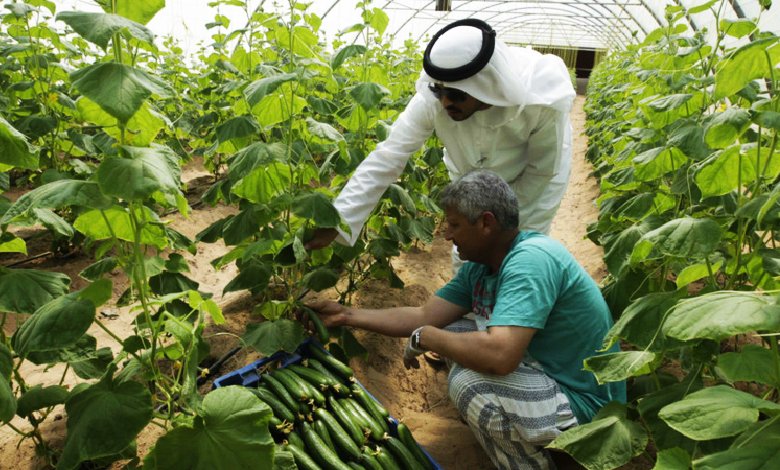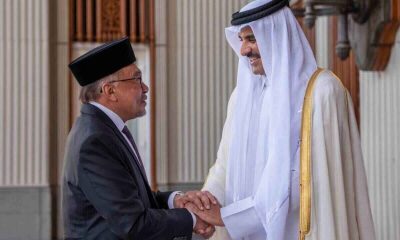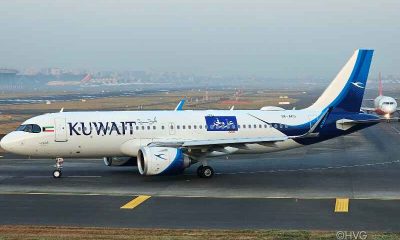In the dynamic landscape of global challenges and burgeoning populations, the recent report titled “Harvesting Resilience, Leveraging Finance for Food Security and Climate Resilience,” emerges as a beacon of insight into the pivotal role financial institutions play in steering the Gulf Cooperation Council’s (GCC) trajectory toward sustainable food security and climate goals. As we delve into the nuances of this transformative journey, it becomes evident that the collaborative efforts outlined in the report are not just recommendations but a roadmap for financial institutions to shape a resilient and sustainable future.
Analyzing Global Imperatives
As the global population hurtles towards an estimated 9.8 billion by 2050, the strains on communities and ecosystems magnify, presenting unprecedented resource challenges. The collaboration between KPMG Lower Gulf, First Abu Dhabi Bank (FAB), and the International Islamic Trade Finance Corporation (ITFC) signifies a strategic alliance poised to address these challenges head-on. The report signifies a collective acknowledgment that the financial sector is not merely an observer but a critical catalyst for transformative change.
Decoding the Collaborative Synergy
The report meticulously analyzes how the collective power of banks, investors, regulators, and multilateral institutions can act as a force multiplier in achieving global climate and food security objectives. The emphasis on collaboration underscores the interconnectedness of global challenges and the need for a unified approach. This collaborative synergy aims to not only identify challenges but also to propose actionable recommendations supported by innovative technologies.
Key Initiatives for Sustainable Economic Growth
At the core of the GCC’s aspirations lies the critical goal of food security. The UAE’s Food Security Strategy 2051 stands as a testament to the region’s commitment to ensuring longevity in food systems through climate mitigation and adaptation. In this context, the report identifies sustainable finance as a promising avenue for GCC banks to not only drive innovation but also strategically invest in sectors vital for sustainable economic growth.
Islamic Finance as a Catalyst
The intersection of Islamic Finance and sustainable finance emerges as a focal point in the report. With shared exclusionary criteria akin to sustainable finance negative screening, Islamic Finance is positioned as more than just an alternative; it’s an opportunity to de-risk sustainable investments. The report highlights the potential for Islamic Finance to play a pivotal role in the sustainable transformation of the agricultural value chain, thereby making substantial contributions to food security objectives
Insights from Industry Leaders
Industry leaders, including Fadi Al Shihabi, Partner and ESG Services Leader at KPMG Lower Gulf, and Shargiil Bashir, Chief Sustainability Officer at First Abu Dhabi Bank (FAB), lend their expertise to the collaborative report. Al Shihabi underscores the transformative impact of sustainable finance instruments, particularly in unlocking the widespread adoption of state-of-the-art agricultural technologies and eco-inclusive farming methodologies.
Bashir emphasizes the direct correlation between climate change and global food security, emphasizing the urgent need for targeted financing. FAB, as a regional pacesetter in climate action, expresses its readiness to collaborate, playing a pivotal role in building resilience and stability within the global food system.
Mohammad Hafiz Emrith, General Manager, Strategy Organisational Performance, and ITFC spokesperson, emphasizes the commitment to fostering sustainable practices across the agriculture value chain. The report underscores the importance of leveraging partnerships to promote upskilling on sustainable practices, contributing to the resilience of member countries in the face of climate change.
Navigating the Transition to a Low-Carbon Economy
In the GCC, transitioning to a low-carbon economy takes center stage. The report suggests that innovation in financial instruments is crucial. Initiatives such as launching new agri-financing financing lines, increasing the level of green bonds, and prioritizing long-term sustainable financing solutions can significantly improve the sustainability footprint across the agriculture value chain.
Addressing Capital Challenges
While state-of-the-art technologies like vertical farming and precision agriculture demand substantial upfront capital, the report points to targeted investments channeled through financial institutions. These investments, coupled with public-private partnerships, emerge as the driving force behind the scalability of transformative technologies. Furthermore, financial institutions offer not just capital but also invaluable technical acumen and risk mitigation tools, essential for nurturing climate-resilient agriculture and ensuring the long-term sustainability of the food system.
Read More: From UAE to Oman: India Explores Similar Free Trade Agreement
In conclusion, the report is more than an analysis; it’s a call to action for financial institutions to embrace their transformative role in steering the GCC towards food security and climate resilience. As the world grapples with unprecedented challenges, this collaborative effort sets the stage for financial institutions to lead the way in building a sustainable and resilient future.






















